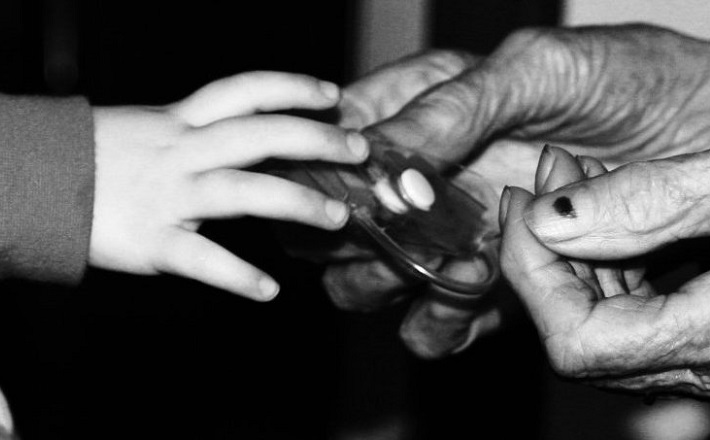Commentary on Proverbs 31:10-31
The Lectionary parsing of Proverbs 31 is unfortunate; without the opening verses the context is lost.
The book is a collection of proverbial sayings; those in chapters 30 and 31 are from apparently non-Israelite sources. According to the text itself, a woman, the unnamed mother of the unknown King Lemuel, composed the familiar poem describing a desirable woman. The description of woman the Queen Mother seeks as a royal match for her son may reflect how she sees herself. At one level the text is a royal woman’s articulation of the characteristics she wants in a daughter-in-law. At other levels the text is part of the often patriarchal, always androcentric scriptures.
A close reading demonstrates that the woman being described is much more than a housewife on steroids. She is entrepreneurial and by no means limited to a domestic sphere. (The ancient Israelites did not divide the world in that way in any case.) She is industrious and generous. She is a craftswoman and a wise woman. She is caring, considerate, and attentive to the needs of others. Above all she is a God-fearer. She exhibits so many idealized character traits that she is more archetype than woman. The text does not present itself as descriptive of real women apart from the prospective mate. Yet this text is revered by many Jewish and Christian readers as presenting a wifely ideal. It is recited or chanted by many men or families to wives and mothers on Shabbat (Friday evening). It is the subject of Women’s Day sermons, marriage retreats, and women’s devotional literature. It is also critiqued for the domestic (perhaps better, domesticated) portrait of that same ideal.
Proverbs 31:10 has been translated in many ways: Who can find a virtuous woman? (King James Version) A good wife who can find? (Revised Standard Version) A capable wife who can find? (New Revised Standard Version). There are two primary issues in translation that shape the interpretation of the text. The first is the status of the woman since Biblical Hebrew does not have separate words for “woman” and “wife.” (All wives are women but not all women are wives meaning that isshah can always be translated “woman” but not always “wife” which must be inferred.) The text never uses the common word for husband (ish), but a more hierarchal term, master/lord, (ba‘al) perhaps owing to its royal context. The second issue is the character of the woman, which is the heart of the piece.
What is that essential character trait? A few more translations might help. Early English translations included “strong” (Wycliffe) and “honest faithful,” (Geneva). The Douay Bible preserves the (Latin) Vulgate and (Greek) Septuagint manuscript tradition with “valiant” while the New English Septuagint has “courageous.” The Greek text has andreian, “manly.” What all these translations are struggling with is the original Hebrew word, chayil, with a primary meaning ranging from “military might/power” to “(physical) strength.” Its plural form designates warriors or an army. Translations that erase this woman’s physical strength and power create a construction of stereotypical “femininity” that is not present in the text. When the same word occurs in v 3 referring to the man, translators broadly agree translating it nearly unanimously as: Do not give your strength to women … As a general rule, Biblical Hebrew adjectives do not change meaning when applied to people (or animals or objects) of different genders.
I translate v 3 as: Do not give your warrior’s strength to women … and v 10 as: Who can find a woman of warrior strength, to demonstrate that the Queen Mother is seeking a woman for her son who will match him strength for strength. Other language in the text also points to her physical strength. Verse 11 says she provides her lord, (also “master” or more rarely “husband”) with “spoil” as in spoils of war taken by military might and, v 15 says that she rises while it is night to take “prey,” both physical feats of strength and skill but significantly softened in most translations. A second word for physical strength occurs in verses 17 and 25. The emphasis on physical strength extends to metaphorical strength as a secondary virtue along with but not in place of physical prowess.
The descriptive rhetoric culminates in verses 29-31. What makes her a woman of warrior strength? Verse 29 reveals that other women have indeed demonstrated warrior strength using the same word, chayil. But the woman the Queen Mother describes exceeds and excels them all. She knows and fears the Lord. Virtually everything else in her description is dispensable. While the royal framework may mitigate against adoption of the text by “commoners” its preservation speaks to its value to generations of hearers and readers.


September 20, 2015